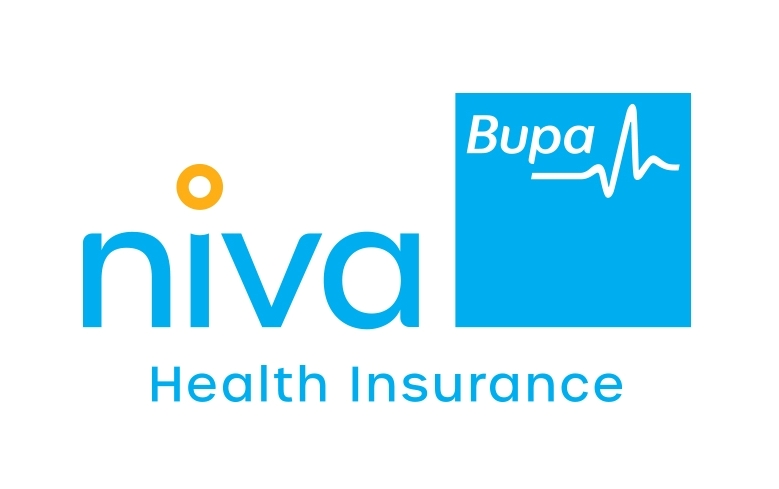A recent LinkedIn post by Avigyan Mitra, a health insurance and investments advisor, has sparked significant online debate. The post alleges that Niva Bupa Health Insurance denied a cashless claim of Rs 61 lakh for his father’s hospitalization, despite having a policy worth Rs 2.40 crore. Mitra’s father was admitted to the hospital in July for a bone marrow transplant to treat myeloid leukemia. However, the insurance company denied the claim, prompting Mitra to express his frustration and sense of betrayal.
Mitra stated that his family had paid premiums for years, building a substantial health insurance cover, only to be abandoned when it mattered most. He emphasized that health insurance should provide protection and support during crises, rather than relying on technicalities and escape clauses. Mitra argued that dignity, compassion, and fairness should take precedence when lives are at stake.
In response to Mitra’s allegations, Niva Bupa Health Insurance issued a media statement denying the claims and stating that they are baseless. The company claimed that they had approved an initial pre-authorization cashless request of Rs 25 lakh for a 27-day stay, and later approved an additional charge of Rs 77,000. However, when the hospital requested an increase in pre-authorization from Rs 25 lakh to Rs 61 lakh, the company did not approve the additional amount, citing a significant escalation in treatment costs. Niva Bupa also raised questions with the hospital regarding the increased costs.
The incident has raised concerns about the reliability and transparency of health insurance companies in India. Mitra’s post has sparked a wider discussion about the need for fairness, compassion, and dignity in the health insurance sector, particularly when it comes to critical illnesses and life-threatening conditions. The case highlights the importance of carefully reviewing policy terms and conditions, as well as the need for greater transparency and accountability in the health insurance industry.

